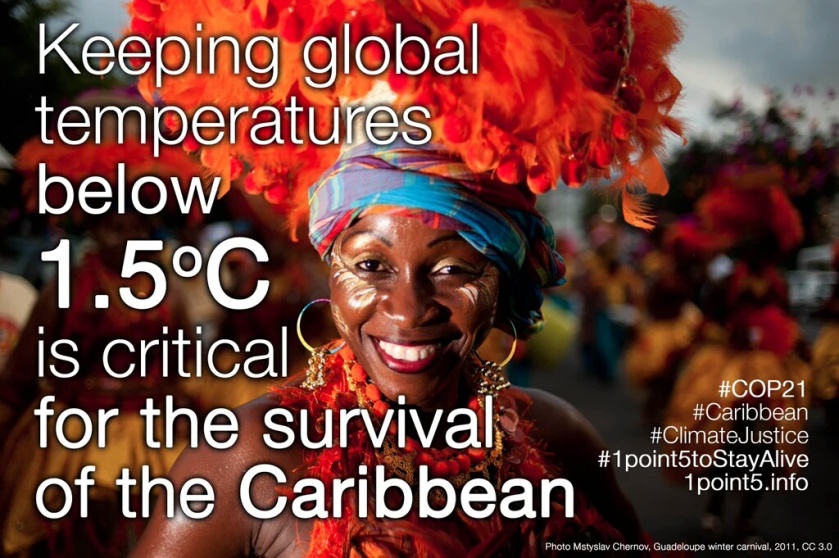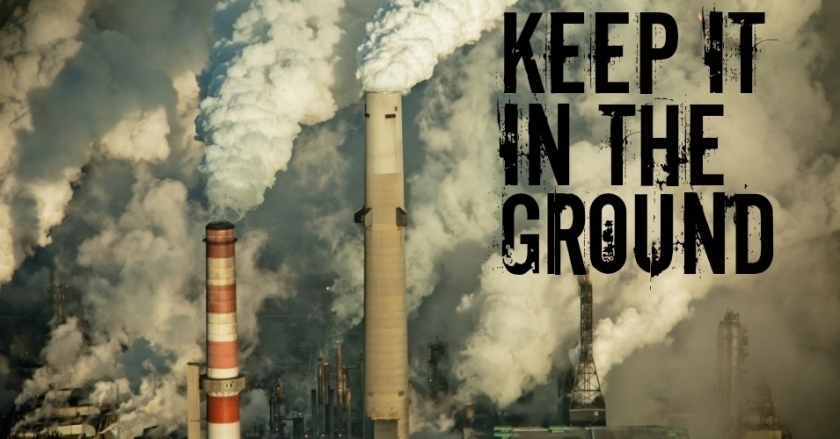A Food and Agriculture Organisation of the United Nations (FAO) report warns the Caribbean to prepare for increased drought due to climate change. The Caribbean accounts for seven of the world’s top thirty-six water-stressed countries and FAO defines countries like Barbados, Antigua and Barbuda, and St. Kitts and Nevis as water-scarce with less than 1000 m3 freshwater resources per capita. These island nations already encounter drought events every year, with low water availability often impacting agriculture and water resources. Governments and utility companies across the region have implemented measures such as bans on watering lawns and washing vehicles, and water schedules. However, in an interdependent world and considering that drought is intensified by climate change, there is critical work to be done at international level.

















